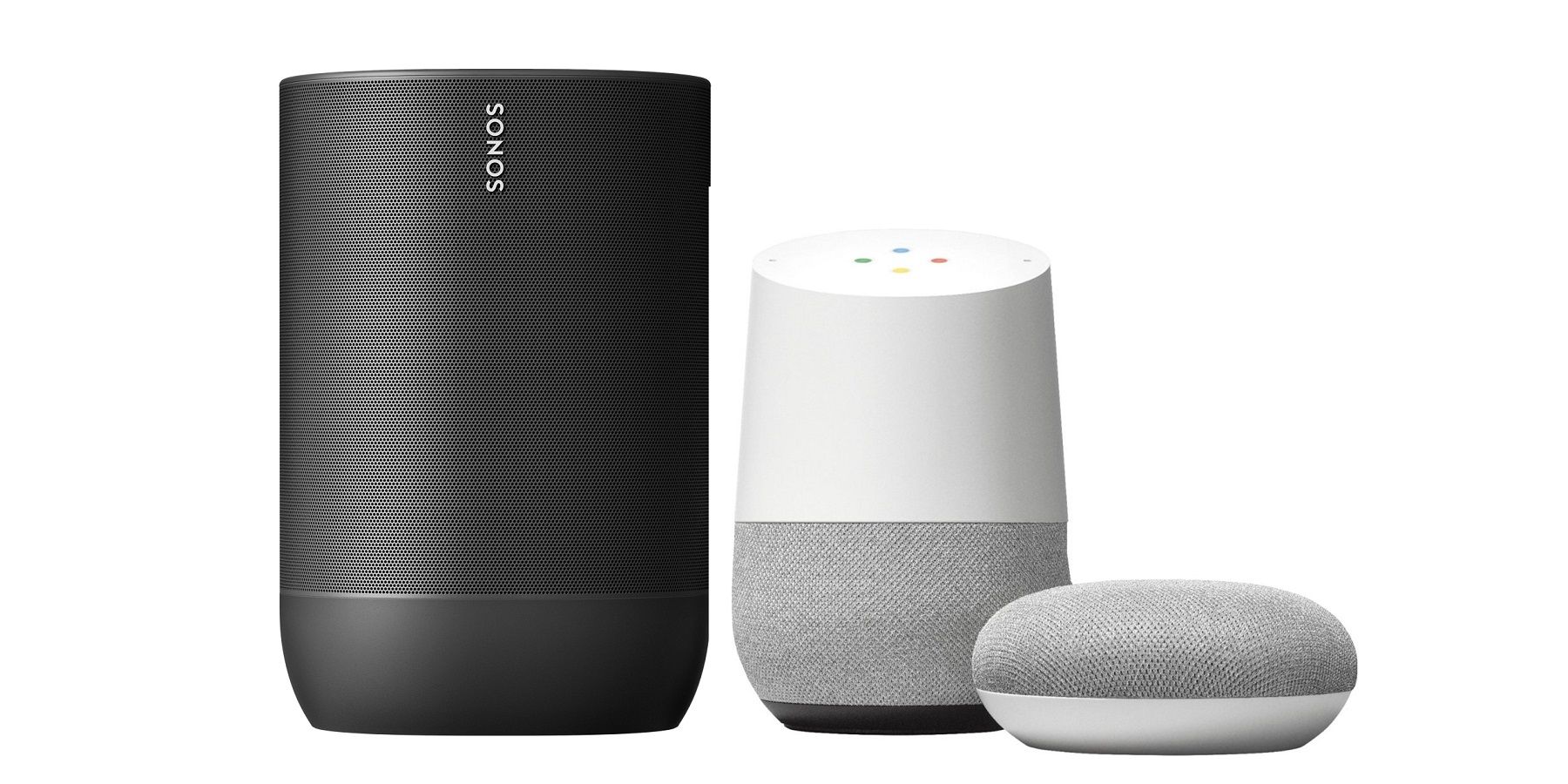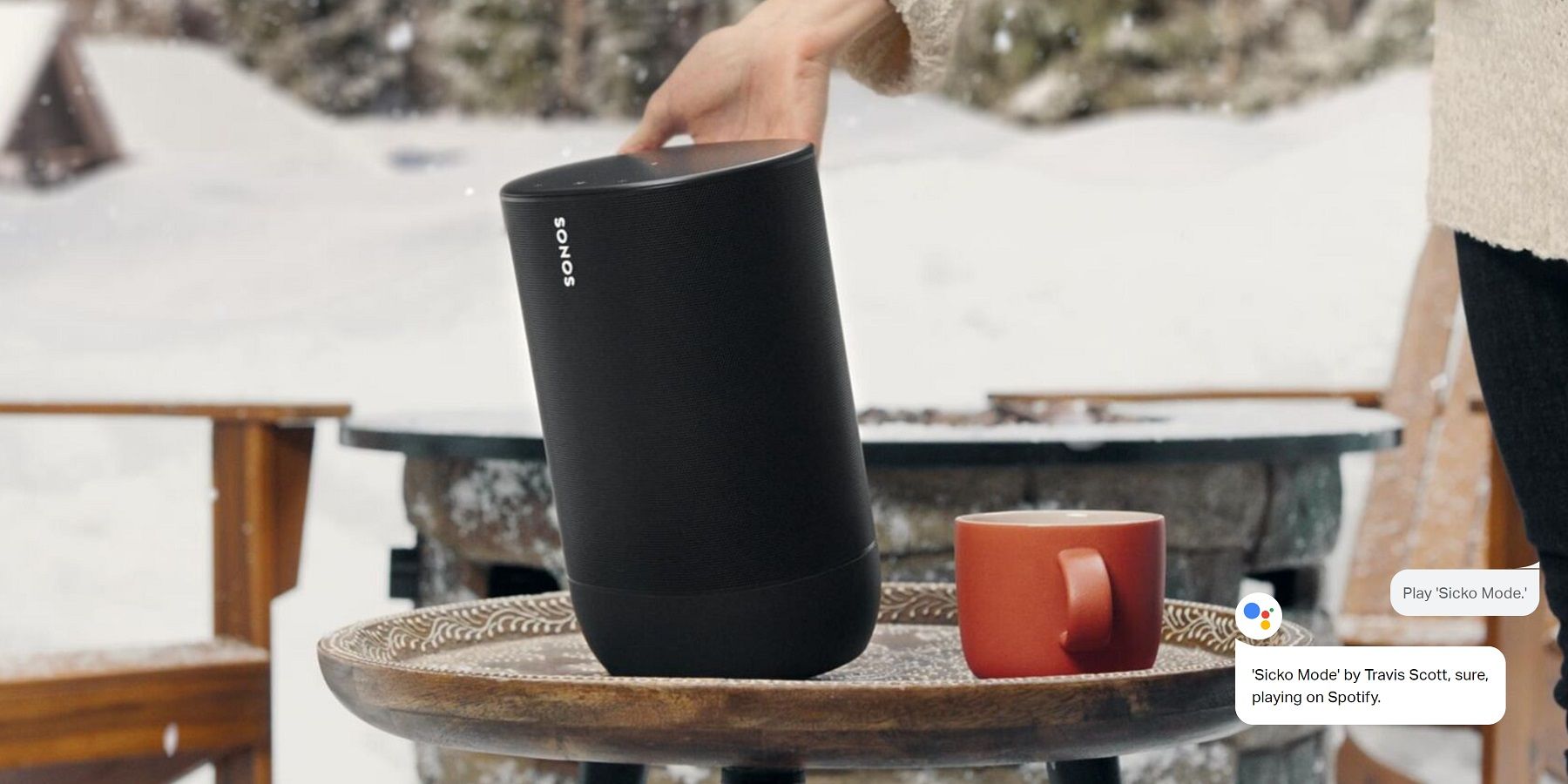Sonos has asked for Google speakers to be banned in the U.S., and here’s an explanation as to why. Sonos and Google are not only partners in the audio market, but also competitors, and it now looks like the competition has finally outweighed the friendship between the two.
The smart speaker market is booming right now with many products available from a variety of major tech names, including Amazon and Google. While Sonos is one of the most well-known and popular names in the industry, the low-cost approach taken by Amazon and Google has placed additional pressure on Sonos. Now, that pressure looks to have reached a boiling point, resulting in Sonos taking legal action against Google.
Last month, Sonos filed a suit accusing Google over patent infringement. More recently, the U.S. International Trade Commission confirmed it was taking the complaint seriously and has now opened up an investigation into the matter. As the complaint includes accusations that Google has imported and sold products in the U.S. that infringe on its patents, Sonos also requested a cease and desist order. Essentially, Sonos is seeking a ban on the importation and selling of Google audio speakers to the U.S.
Why Exactly Is Sonos Suing Google?
Technically, Sonos accuses Google of copying its patented speaker technology in relation to audio players and controllers. The case seems to primarily revolve around the use of multi-room audio - where multiple speakers can be wirelessly connected to each other and controlled by a single device, such as a smartphone. Due to this, the lawsuit also goes beyond audio speakers to include controllers, including Google Pixel smartphones. Sonos is not specifically saying Google stole the technology, but is arguing that Google has failed to reach a licensing agreement to use the patented solutions.
Both Sonos and Google have confirmed they were previously in talks over various IP rights, and on both sides. Arguably, this move by Sonos is designed to speed up that process and get a working agreement in place. Lawsuits like this (including the requested ban) are often used as leverage and it may just be the case that Sonos wants to reach a deal and hopes this will make the chance of that happening higher. If Sonos does manage to win the complaint, then the way Google speakers, phones, and possibly even laptops, are sold in the U.S. might change. Although many bans like this are often circumvented by the accused company changing part of the product to avoid infringement claims. In addition, if Sonos manages to use this case as leverage to agree a settlement, that still might not be the end of the situation - Sonos also alleges Amazon infringed its patents in a similar way. Therefore, any victory for Sonos over Google is likely to start a new suit aimed at Amazon and its Alexa-enabled speakers.


